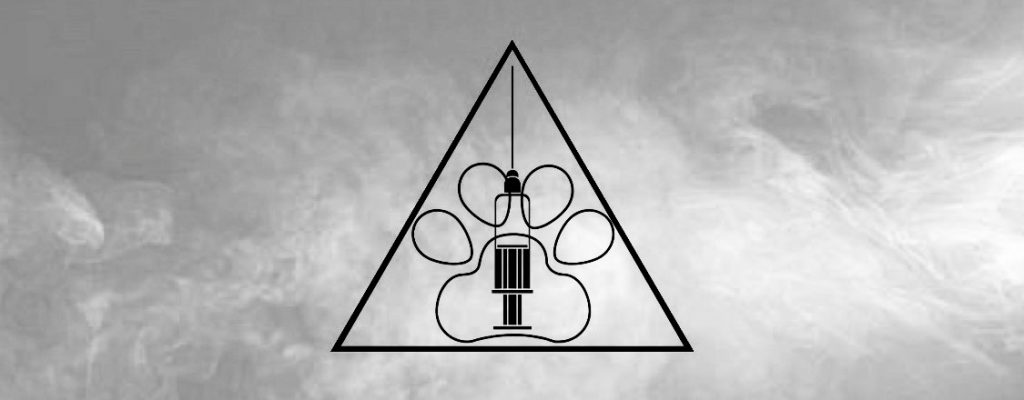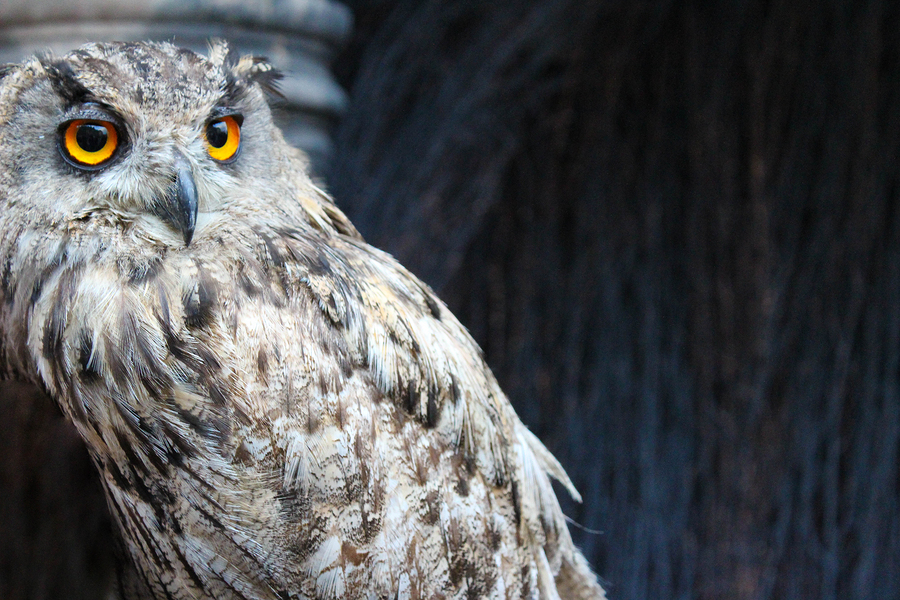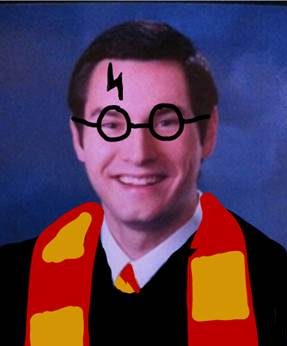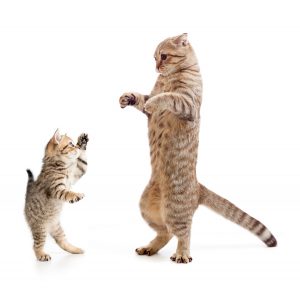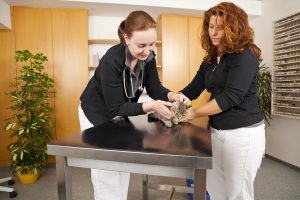If you have young children at home like me or are a Disney-loving child at heart, then the beginning of your 2022 has been dominated by the movie Encanto. I was just discussing with a friend how impactful Encanto is the first time you are actually able to pay attention to it without the distractions of loud little humans. So, in solidarity with everyone else who also has the soundtrack stuck in their head (willingly or unwillingly), here are my vet med versions of the characters from Encanto:
Bruno
Why not start off with the character we are not supposed to talk about but cannot stop singing about?! Many of us in vet med at some point feel underappreciated and misunderstood like Bruno. He can see the future, but the townspeople and his own family are upset whenever Bruno’s prophesies deliver bad news. Working in the veterinary field, we know all too well that delivering bad news does not always make us the most popular. “He told me my fish would die; the next day: Dead!” Well, either Bruno cursed your fish, or he is a very astute fish vet who delivered an accurate prognosis.
Julieta
The veterinary versions of Mirabel’s mom are my favorite co-workers. Feeling bad, here are some homemade cookies to make you better! Okay, their food never cured a broken arm, but you cannot convince me that the magical holiday sugar cookies that my hospital’s Julieta brings in every winter do not have healing powers.
Pepa
There is always that one person in the hospital whose mood affects the atmosphere of the whole place. The vet med Pepa can either make your day sunshine and rainbows or turn it into a massive hurricane. Whatever you do, do not mention Bruno in front of her if you want to avoid the storm clouds!
Dolores
Want to know the latest hospital secrets? Then go find Dolores because she hears everything. From knowing how your most beloved patient is responding to a new treatment to hearing about the latest relationship drama the outwardly perfect employee is experiencing… Dolores knows it all, and she is willing to share it with whomever will listen.
Camilo
Need a hand answering phones… Boom! The vet med version of Camilo transforms into the perfect CSR. Want someone to help you obtain some radiographs… Ta-Dah! Camilo shapeshifts into the assistant you need, complete with a stylish lead apron. These cross-trained helpers are such an asset to any veterinary hospital, but just don’t ask them to estimate how tall Bruno is.
Antonio
We all wish we could talk to animals, but the veterinary Antonio just seems to connect on a different level. They will tame the savage beast when no one else can seem to get through. Okay, maybe nowadays they also utilize some low-stress handling techniques and pre-appointment anti-anxiety meds to achieve their magic, but that’s still pretty magical.
Isabela
Isabela does more than grow beautiful flowers, she is seemingly perfect in every way … and it’s affecting her mental well-being. We need to help any vet med Isabela realize that “it didn’t need to be perfect – it just needed to be!” Good enough can be good enough in veterinary medicine. When we see our Isabela colleagues struggling for perfection, maybe we need to encourage them to grow a cactus, and then give them a hug.
Louisa
We love Louisa for her ability to hip check boulders, shoulder the donkeys, and bust a mean dance move! However, the weight she is carrying is crushing her. She’s the dependable, rock-solid workhorse… until she breaks under those heavy expectations. Louisa’s lyric when she sings: “I’m pretty sure I’m worthless if I can’t be of service” hits me in the feels every time I hear it. Louisa can find joy in utilizing her strength to serve her community, but she may need to be reminded that she is allowed to take time for herself to relax in her hammock with a nice drink when she needs it. Oh, and it’s okay if she cries sometimes too. Don’t worry, Louisa, you are so much more than your gift!
Abuela
She is the matriarch trying to hold it all together. The Abuela in the vet clinic thinks she is protecting her team and her community, but her fears are putting unbearable pressure on the people she cares about. She means well, but she is blind to the harm she is causing. Sometimes it takes a spunky, bespectacled granddaughter to show her what she has forgotten.
Mirabel
And that brings us finally to Mirabel. She may not have the obvious talents of the people surrounding her, but she is a special part of the veterinary team. Her presence keeps the practice running, and without her the walls crumble. She may not feel like she belongs as she is “waiting for a miracle”, but she can help her entire veterinary family better utilize their gifts. And, if she somehow ends up in the middle of a pile of rubble, she can inspire the community around her to come to her aid and discover that “it’s a dream when we work as a team.” She is the real gift even if she does not see it in herself. So, you may have to help her open her eyes and then give her the doorknob she needs to finally enter the door she has been waiting for.
Encanto may be a favorite for kids who cannot stop singing about Bruno (no, no, no…) but it can also unlock some hard truths for veterinary professionals and help us understand our gifts and our burdens in a new way. Whether we feel like we need to “earn the miracle that somehow found us” or we feel the “pressure like a tick, tick, tick ‘til it’s ready to blow” (not that kind of tick!), we can open our eyes to see ourselves as veterinary versions of the family Madrigal who just need to re-focus on what is truly important in our careers and lives.
